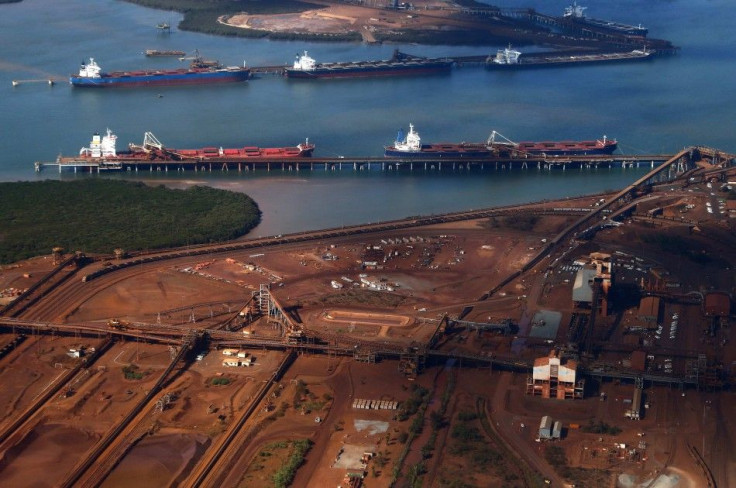Australia May Lose 5M Jobs to 'Cheaper Robots' in Next 20 Years

Australia may face an economy with 5 million jobs less as more companies use more advanced automation technology to save on costs in the near future.
According to Prof. Michael Osborne of the Oxford Martin School at Oxford University, Australians are at risk of job redundancy in the next 20 years like half of all jobs in industrialized countries. The expert in machine learning said the world is seeing machines or robots being engineered to perform jobs dependent on thinking. Osborne said he has observed a rapid development in technologies in his field of artificial intelligence.
In an interview with ABC, Ben Bartolo, a dockworker in Sydney and father of three children, said he is about lose his job because the company he works plans to bring automation technology into the terminal. His employer, Patrick Stevedores, will soon deploy driverless robots to take over operations in handling cargo at Port Botany.
ABC said Bartolo is only one of the 180 workers who were told they may be losing their jobs. Paddy Crumlin, Maritime Union national secretary, was "furious" at the company for announcing its automation plans after workers recently settled an enterprise agreement.
According to reports, about 700 industrial robots are being brought into Australia ever year and over 1 million are already deployed in various industrialized countries. Osborne said he and his colleagues are concerned about the rapid rate of automation and job loss. They are also worried that social inequality will worsen if the trend continues.
Osborne revealed that the current U.S. employment is exposed to the high risk of automation. Researchers found 47 percent of workers in the U.S. are susceptible to being replaced by robots. Osborne believes the same is true for Australia. His claims have triggered a debate among members of the academe.
Melbourne University's Prof. James Bailey said they need to be "cautious" about making conclusions involving jobs at risk.
He said computerization is a "very powerful technology," which can help humans in various levels of decision-making. Bailey believes the technology should be viewed as a positive trend that can give people more time to perform higher level tasks.




















